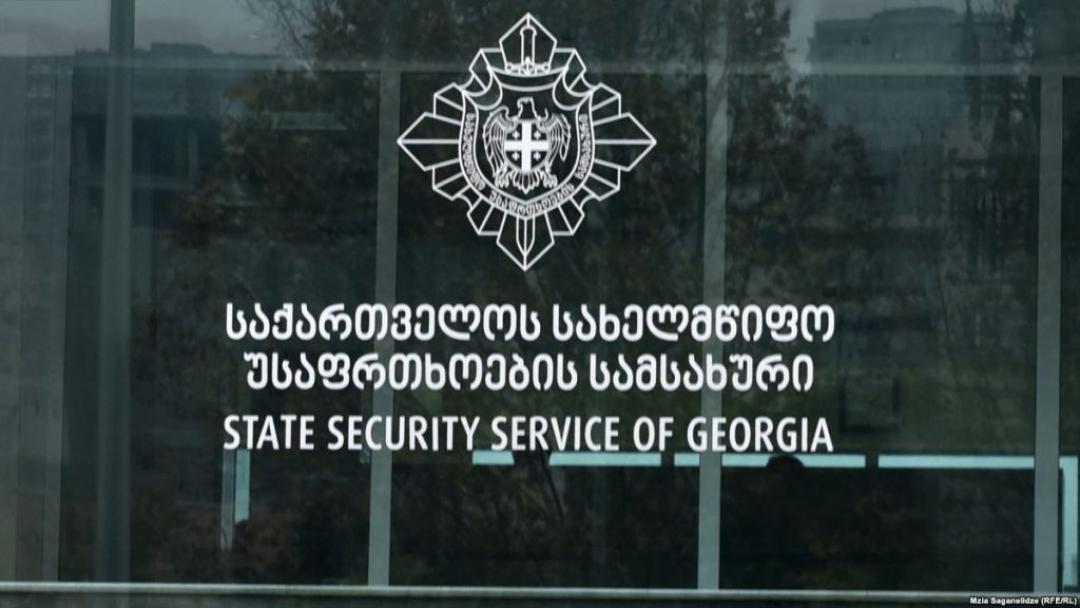
Georgia Foils International Terror Plot with Major Explosive Seizure

On February 5, the State Security Service of Georgia (SSS) announced the seizure of special explosive devices and a significant amount of explosive substances through operational search and investigation activities.
During a special briefing, Bacha Mgeladze, the Head of the Counterterrorism Department, revealed that two electric car batteries were confiscated, serving as containers for six special explosive devices. Forensic analysis by the MIA determined that the seized explosive devices contained C-4, a plastic explosive substance commonly used in military combat units for demolition. The devices were equipped with electronic detonators and timers, indicating high-level craftsmanship and the potential for large-scale damage. Mgeladze highlighted the potential consequences of activating such devices in crowded places, emphasizing the significant damage to infrastructure and the risk of large-scale casualties.
According to the SSS, the explosives originated from the Ukrainian city of Odesa, traversing through Romania, Bulgaria, and Turkey before entering Georgia on January 19. The explosives, which were being transported by a car with Ukrainian license plates, were intended to be transported to Russia, in particular to Voronezh, through the Dariali border crossing point. One container with three explosives was destined for Tbilisi, while another was intercepted at the Georgia-Russia border. The SSS has charged seven Georgian, three Ukrainian, and two Armenian citizens with offenses related to importing, transporting, and planting explosives. The orchestrator, Andrei Sharashidze, a Ukrainian citizen and former candidate for deputy of the Kyiv district of the local Rada from the party "Servant of the People," hails from Batumi, Georgia.
The SSS is actively investigating to identify individuals involved in criminal activities, the manufacture of special explosives, and their intended targets and to gather additional evidence. Mgeladze stated that while the purpose of the container left in Tbilisi remains unclear, the circumstances of the case suggest a concerted effort to implicate Georgia in planned terrorist acts both within and beyond its borders.
See Also


Armenia Records 5.9% GDP Growth in 2024, Missing 7% Goal

Yerevan Balances Strategic Ties with Both US and Russia, Says Foreign Minister

FM Mirzoyan: Peace Deal with Azerbaijan Is Within Reach

Pashinyan and Erdogan Hold Call, Reaffirm Commitment to Ongoing Dialogue

